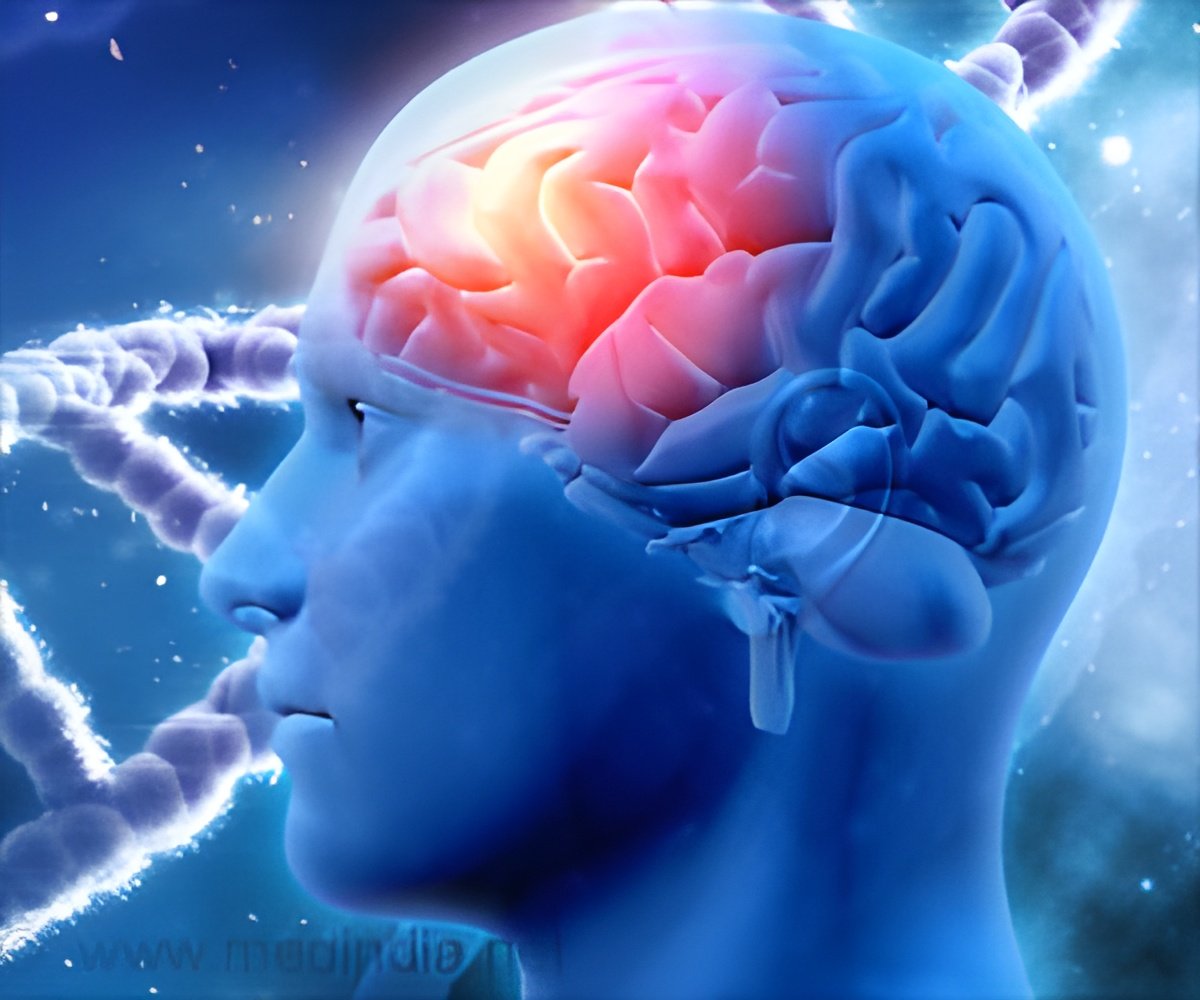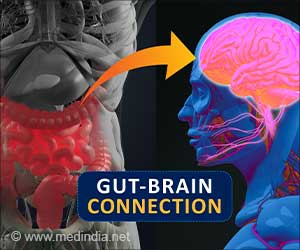A new study suggests that genetic variant of Alzheimer’s disease may increase COVID-19 related brain damage.

Researchers at the University of Helsinki and the Helsinki University Hospital (HUS) investigated the link between the APOE4 allele and the severity of COVID-19 in the Finnish population.
They also investigated microscopic cerebral changes in cadavers who had suffered from COVID-19, as well as the link between APOE4 and symptoms of mental fatigue experienced six months after onset of the disease.
The findings were published in the Acta Neuropathologica Communications journal.
“The common ε4 allele of the APOE gene appears to be associated with a heightened risk of severe COVID-19 in the Finnish population. The significance of APOE4 is emphasised in the Finnish population, which may be due to its genetic homogeneity,” says Liisa Myllykangas, a consultant neuropathologist from the University of Helsinki and HUS.
According to the results, the risk of developing a form of COVID-19 that requires intensive care more than doubled in carriers of the APOE4 allele.
Advertisement
APOE4 may also affect the severity of certain long-term symptoms, especially in cases of COVID-19 that require hospitalisation.
To ascertain the new findings, these phenomena must be investigated in larger datasets.
The connection between COVID-19 and the onset of memory disorders in APOE4 carriers is not yet answered. To answer this question, long-term follow-up studies on patients recovered from COVID-19 are needed.
Source-Medindia















